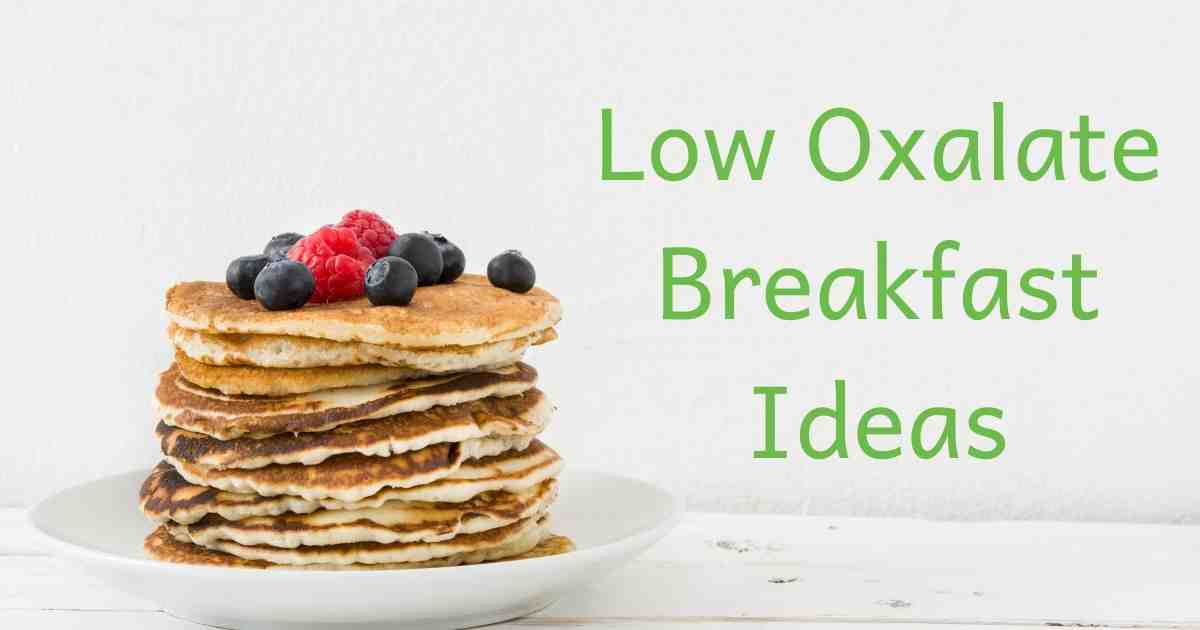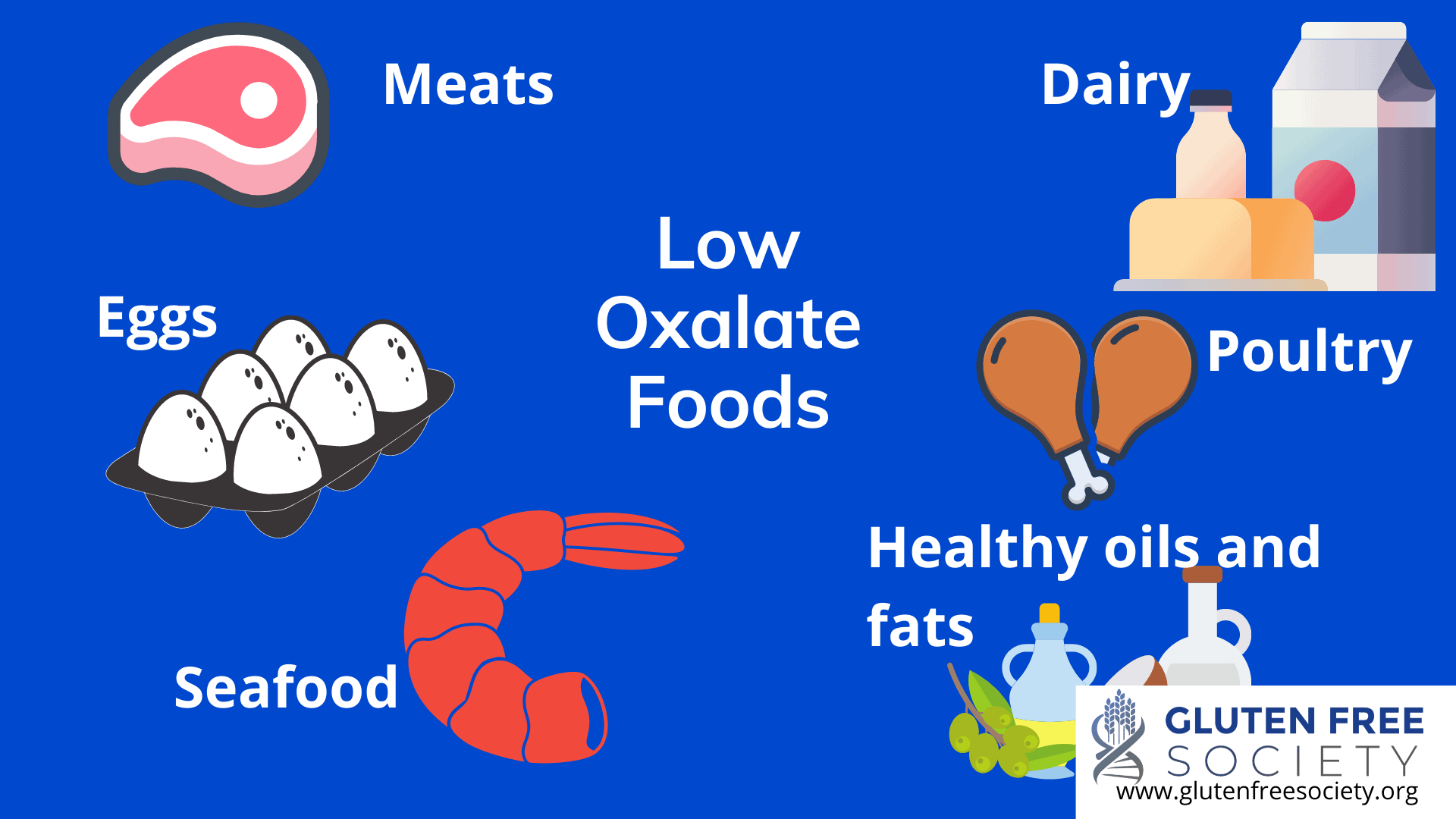Are you curious about whether eggs fit into a low oxalate diet?
Understanding how certain foods impact your body can be a bit of a puzzle, especially when you’re trying to manage your health through diet. Low oxalate diets are often recommended for people dealing with kidney stones or certain health conditions that can be exacerbated by oxalates. In this conversation, you’ll learn about oxalates, what they are, why they matter, and how eggs stack up against their reputation within a low oxalate framework.
What Are Oxalates?
Oxalates are naturally occurring compounds found in many plant foods. You might not realize it, but they play a role in how your body processes minerals like calcium. In high amounts, oxalates can bind to calcium and form insoluble compounds that may lead to the formation of kidney stones in susceptible individuals.
The Role of Oxalates in Your Body
Your body doesn’t necessarily need oxalates, and high levels in your diet can be problematic. For someone predisposed to kidney stones, managing oxalate intake can be crucial. There’s no need for alarm, though! Recognizing which foods are high and low in oxalates can help you make informed choices.
Foods High in Oxalates
Certain foods are notoriously high in oxalates. Some of the common culprits you might want to limit include:
| Food | Oxalate Content (mg per 100g) |
|---|---|
| Spinach | 970 |
| Rhubarb | 860 |
| Beets | 110 |
| Almonds | 475 |
| Sweet potatoes | 100 |
Keeping an eye on how these foods fit into your diet can impact your overall health, particularly if you’re managing kidney stone risks.
Foods Low in Oxalates
On the flip side, plenty of delicious foods are low in oxalates and can be enjoyed freely. Here’s a short list:
| Food | Oxalate Content (mg per 100g) |
|---|---|
| Eggs | 0 |
| Meat (beef, chicken) | 0 |
| Fish | 0 |
| Dairy (milk, yogurt) | 0 |
| White rice | 9 |
With such options, you can still create a balanced diet alongside your low oxalate needs.
Eggs: The Nutritional Value
Now that we’ve covered what oxalates are, let’s get into the hero of our discussion: eggs. Are eggs actually considered low in oxalates? Spoiler alert: they are! But let’s break that down.
Nutritional Profile of Eggs
Eggs are packed with nutrients and are a great source of high-quality protein. Here’s what you typically find in one large egg:
- Calories: 70-80
- Protein: 6 grams
- Fat: 5 grams (with about 1.5 grams being saturated fat)
- Cholesterol: 186 mg
- Vitamins: A, B2 (riboflavin), B12, D, and several others
- Minerals: Selenium, phosphorus, and iodine
Besides the low oxalate content, this nutritional profile makes eggs a fantastic option for many dietary needs.
Are Eggs Beneficial for a Low Oxalate Diet?
Based on their composition, eggs are not just low in oxalates; they offer numerous health benefits, particularly for those on a low oxalate diet. They can serve as a protein source that is easy to digest and consider.

Health Benefits of Eggs
Understanding the benefits of eggs, especially in the context of a low oxalate diet, is essential. Let’s break down some of those advantages.
Rich in Essential Nutrients
Eggs contain various vitamins and minerals. The vitamins A, D, and B12 in eggs play crucial roles in your immune function, bone health, and energy production. By incorporating eggs into your diet, you can bolster your overall well-being while keeping oxalate levels low.
High-Quality Protein Source
The protein in eggs is considered complete, meaning it includes all nine essential amino acids your body needs but can’t produce on its own. This quality makes eggs an excellent choice for building and repairing tissues, as well as overall maintaining muscle health.
Good Fats vs. Bad Fats
While eggs do contain cholesterol, recent research suggests that eggs do not significantly influence cholesterol levels for most people. The healthy fats found in eggs can be beneficial for brain health and reducing the risk of heart disease.
Cooking with Eggs on a Low Oxalate Diet
Now that you know eggs can fit into your low oxalate dietary needs, let’s talk about how you can incorporate them into your meals.
Breakfast Ideas
Breakfast doesn’t have to be boring. Here are some tasty and easy low oxalate breakfast options you might want to try:
-
Scrambled Eggs with Cheese: Add your favorite cheese for a creamy texture and added flavor. Just make sure the cheese is low in oxalates too.
-
Egg and Vegetable Omelet: Load your omelet up with low-oxalate veggies like bell peppers or zucchini.
-
Boiled Eggs on Whole Grain Toast: If your toast is low in oxalates, this can make a filling meal.
Lunch Ideas
Eggs can also feature prominently in your lunchtime fare:
-
Egg Salad: Use a cream base with mayonnaise or yogurt and add spices to taste. Pair with lettuce or on a whole grain wrap.
-
Deviled Eggs: Mix boiled yolks with mustard, mayo, and a dash of paprika for a classic and satisfying dish.
Dinner Ideas
Dinner is an excellent time to get creative with eggs:
-
Frittata: Bake an egg frittata with your favorite low-oxalate veggies and some cheese for a hearty meal.
-
Egg Curry: If you’re feeling adventurous, try making a curry with boiled eggs for flavor-packed goodness.
Snack Ideas
Yes, eggs can be an easy snack too:
-
Hard-Boiled Eggs: Simple and portable, these can be prepared in advance for quick snacking.
-
Mini Egg Muffins: Bake egg muffins with cheese and vegetables for a grab-and-go snack.

Balancing Your Diet
Incorporating eggs into a low oxalate diet is only one piece of the puzzle. While lowering oxalate intake is essential for some, adopting a balanced diet overall is key.
The Importance of Variety
Even though eggs are a fantastic source of protein and nutrients, relying solely on them isn’t advisable. Balance your meals with other low oxalate foods—think meats, dairy, and plenty of low-oxalate vegetables. This variety ensures you’re getting all the nutrients your body needs.
Staying Hydrated
Hydration plays a significant role in kidney health. Drinking water helps dilute oxalates in your urine, reducing the risk of stone formation.
Considering Your Overall Health Needs
Always remember to consult with a healthcare professional or a registered dietitian as you alter your diet, especially if you’re managing a specific health condition. They can give you personalized advice catered to your nutritional needs.
Potential Concerns
While eggs are generally a safe choice for most people on a low oxalate diet, it doesn’t hurt to go through some potential concerns associated with egg consumption.
Cholesterol and Heart Health
There’s been a long-standing concern about dietary cholesterol and its impact on heart health. Recent studies suggest that for many, moderate egg consumption doesn’t raise the risk of heart disease. However, if you have specific health issues, it’s worth discussing with your doctor.
Egg Allergies
Some individuals have allergies or sensitivities to eggs. If this is you, you’ll want to avoid them entirely. Seeking alternatives that meet your needs without compromising your health is crucial.

Conclusion
In the grand scheme of a low oxalate diet, eggs emerge as a resilient ally. Their nutrient richness, low oxalate content, and cooking versatility make them an excellent addition to your plate. You can rest easy knowing that whether scrambled, boiled, or made into a frittata, eggs can fit well into a well-balanced, low oxalate lifestyle.
Just remember, balance in your diet is key, so while eggs are great, variety will ensure you’re primed for good health.

